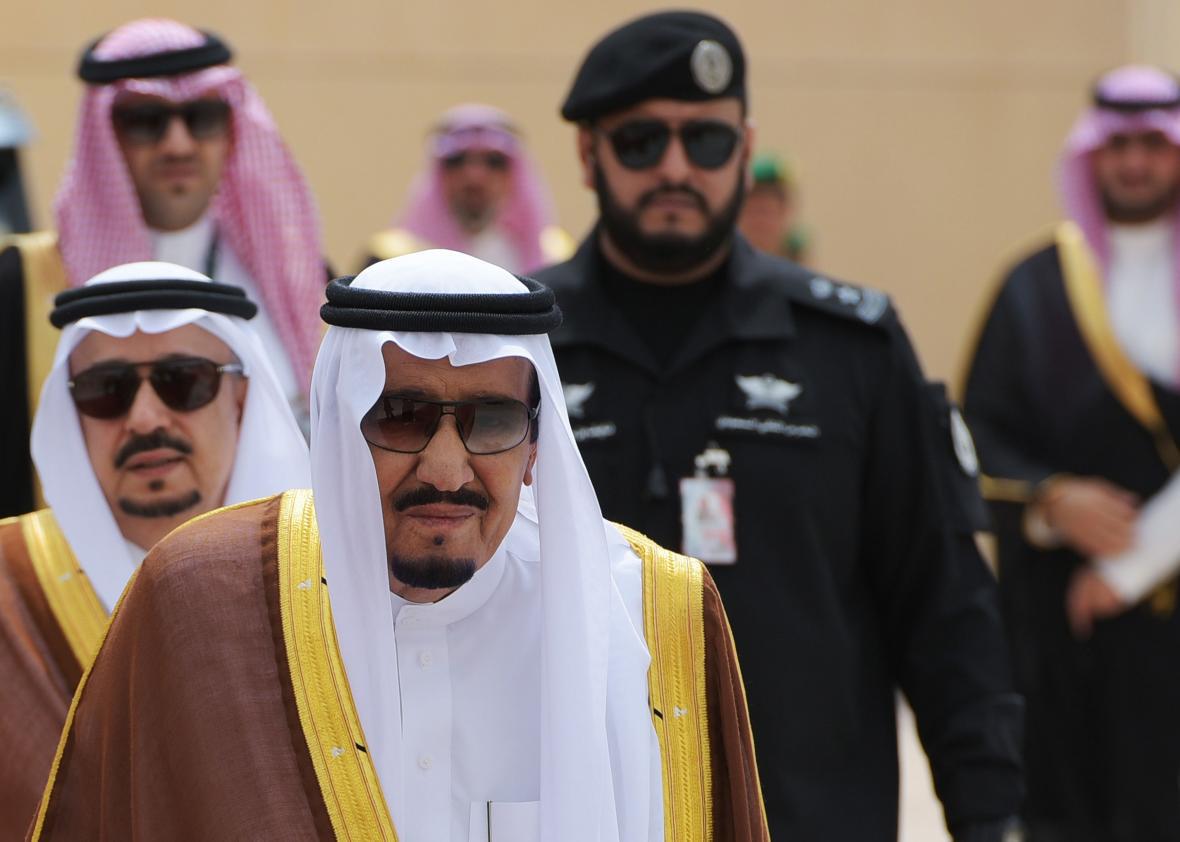Four Persian Gulf countries—Saudi Arabia, Egypt, the United Arab Emirates, and Bahrain—sent a list of 13 demands to Qatar on Friday with 10 days to comply or else continue to face the diplomatic blockade the four allies instituted on June 5. The demands reportedly include severing ties with Islamist terrorist groups, shutting down the Qatari-owned Al-Jazeera network and its affiliates, and closing the Turkish military base in Qatar. The demands were relayed to Qatar by mediating third party Kuwait.
On Monday, Qatar’s Foreign Minister Mohammed bin Abdulrahman al-Thani had said the country would not enter into negotiations unless the blockade was lifted. “Qatar is under blockade, there is no negotiation. They have to lift the blockade to start negotiations,” said Thani. At the time, the Qatari foreign minister also said he would need to know specific demands from the four Arab countries in order to move past the deadlock. “We cannot just have demands such as ‘The Qataris know what we want from them, they have to stop this or that, they have to be monitored by a foreign monitoring mechanism,’ ” he said.
According to Reuters, Friday’s ultimatum requires Qatar to refrain from any interference in the foreign and domestic policies of the four countries and stop awarding Qatari nationality to their citizens. That last demand is an indirect reference to Qatar’s supposed support and financial backing of Hezbollah, Hamas, and the Muslim Brotherhood, accusations Qatar refutes.
Qatar, which is the world’s richest country per capita, has been flexing its muscles in the Middle East in recent years. It supported the Muslim Brotherhood’s regime in Egypt before the military coup there in 2013, creating friction with regional boss Saudi Arabia and the politicians now ruling Egypt.
The demands also targeted Qatar’s relationship with Iran. The two nations have strong economic relations, as they jointly control the world’s largest natural gas field, South Pars/North Dome field. Qatar also stopped short of criticizing Iranian support of rebelling groups in Bahrain, while Saudi Arabia and other neighboring countries blasted Iran’s activities.
Other demands regard Qatar’s growing relations with Turkey, which stepped in after the blockade and sent troops to its military base there. The demand to close the base will be difficult for Qatar to meet, as it’s part of a 2014 diplomatic agreement between both countries. Talking to a local TV channel, Turkish Defense Minister Fikri Isik said he was not aware of the demand and that it amounted to an interference in their relations.
Al-Jazeera, the Qatari media outlet covering regional and world affairs reportedly targeted in the demands, has aired critical coverage of different dictatorships in the region and the resistance movements against them. A former director of Al-Jazeera, Wadah Khanfar, told CNBC that the blockade’s damage to the Qatari economy could be the network’s undoing.
“This debate [to shut down Al-Jazeera] is very old and has been going on since 1996,” Khanfar said. “There is nothing new. But the severity of the blockade is much bigger, much more dramatic.”
Qatar is feeling the effects of the blockade. CNN Money reported this month that Standard & Poor’s downgraded the country’s credit rating as investors pulled out their money in response to the breakdown in diplomatic ties.
